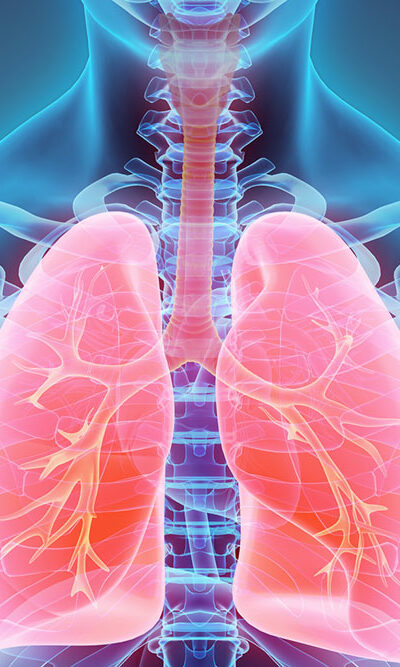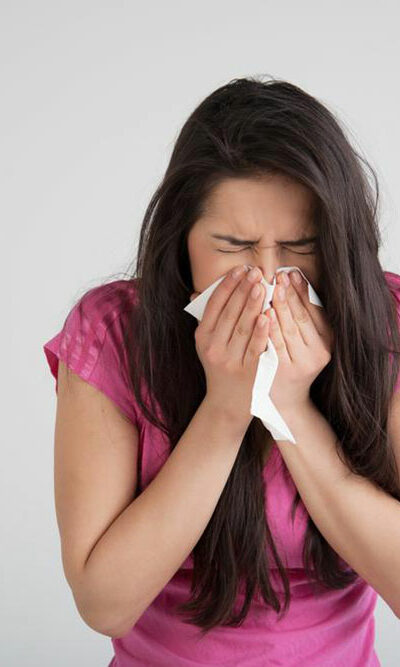
Allergies and Sore Throat
A sore throat is a great irritant. There can be numerous reasons for a sore throat, and allergies can be one of them. If the precise cause of an allergy is identified, it will help in devising an appropriate remedial treatment. Allergy as a cause for a sore throat It has been found out that allergy in cases of a sore throat has been linked to postnasal drip. This can occur due to exposure to an allergen and occurs when any kind of congestion in the sinus goes down to the throat. This drainage also results in coughing, swallowing, irritation in the throat, and difficulty in speaking. However, the fact to be considered here is that allergens such as pollen are seasonal. There are some also other allergens including cigarette smoke, dust mites, mold, and mildew. The symptoms of allergy that occur due to the abovementioned allergens include congestion, sneezing, coughing, and itchy eyes. A sore throat with fever and body aches is also a result of a cold, flu, and viral infection. Treatment of an allergy-induced sore throat Prevention of allergy is important if a sore throat or any other related symptoms are to be prevented. Limiting the exposure to irritants is the most important thing that should be done in such cases. Known irritants such as cigarette smoke should be avoided if the allergy is to be prevented. Windows should ideally be closed or a surgical mask should be worn by people who are prone to allergies when they come in contact with airborne allergens. However, sore throat allergies cannot always be prevented. It is during such times that use of medications is recommended. Over-the-counter medications such as Loratadine and Cetirizine can be taken when the symptoms of the allergy worsen. In such conditions, doctors usually recommend using a decongestant or nasal spray that helps in preventing postnasal drip, which is the usual cause of a sore throat.










